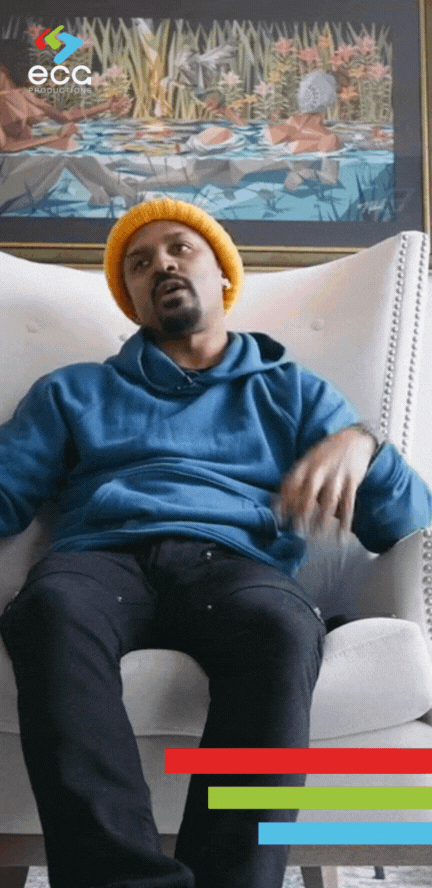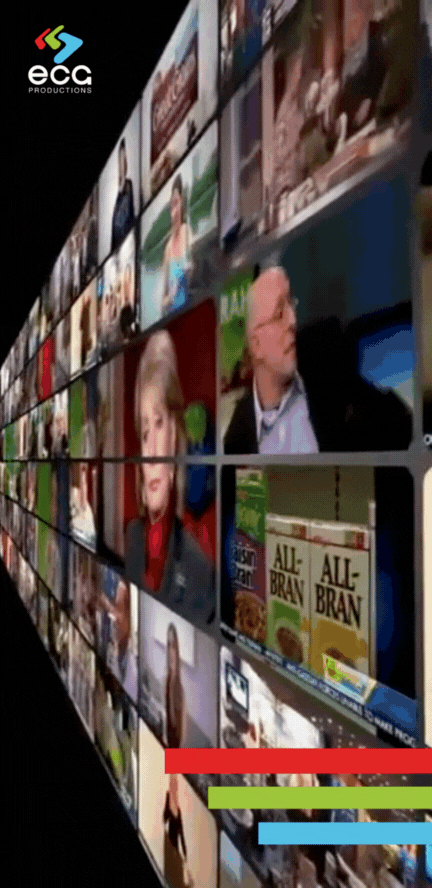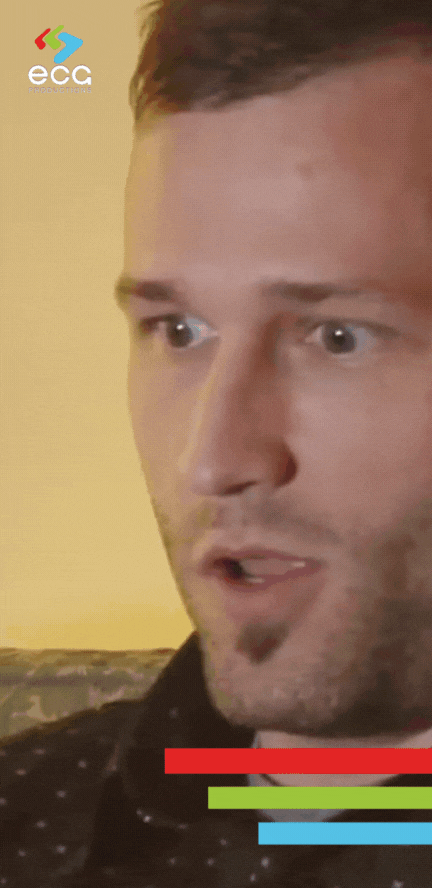- 1-855-787-4487
- info@ecgprod.com
- Mon - Fri: 10:00am - 6:30pm
At ECG Productions, we specialize in documentary scriptwriting services that bring real stories to life with depth, accuracy, and emotional impact. Whether you’re creating a feature-length documentary, a short-form docuseries, or an educational film, our experienced writers craft compelling narratives that engage audiences while maintaining journalistic integrity.
Our research-driven, story-first approach ensures that every documentary script is well-structured, visually compelling, and aligned with your creative vision—whether for broadcast, streaming, educational, or branded content.


Unlike scripted films, documentaries evolve throughout production, often incorporating interviews, archival footage, and real-world events. A well-written script ensures:
A great documentary script doesn’t just inform—it inspires, educates, and sparks conversation.
At ECG Productions, we take a strategic and research-driven approach to ensure your documentary has a strong narrative foundation while remaining authentic and compelling.
We begin by understanding your subject, audience, and key themes, then conduct:
We create a detailed outline that includes:
Our writers craft scripts with:
Once finalized, we format the script for:
We refine the script based on director feedback, evolving story elements, and production needs, ensuring it remains flexible and adaptable throughout filming.




A well-written documentary script brings real stories to life with authenticity, structure, and emotional depth. At ECG Productions, we craft engaging, research-driven scripts that ensure your project is compelling, informative, and production-ready.
Contact us today to start developing your documentary script with our team of expert writers.
See how we’ve helped other clients set the stage for their successful productions. View our Work Samples.
CONTACT US
LET'S GET IN TOUCH
1-855 787-4487
Mon – Fri 9:00 AM – 6:00 PM EST
120 Interstate N Pkwy E SE #226
Atlanta, GA 30339
info@ecgprod.com
Unlock a new level of creativity and experience a truly unique and enjoyable working environment with ECG Productions. Contact us today to bring your vision to life with our award-winning video production services.
Copyright 2024 ECG Productions
Website by SuperMassive